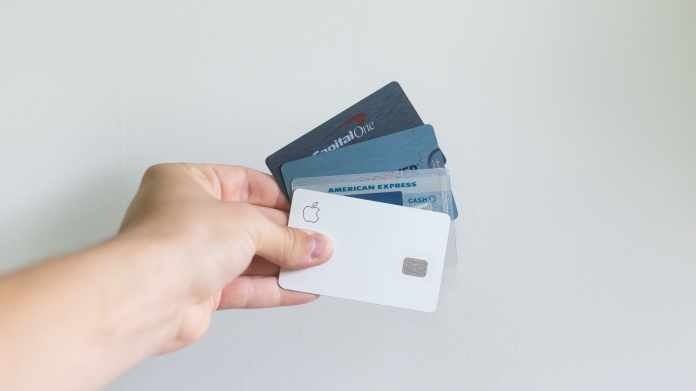Your credit score plays a crucial role in your financial well-being. A good score can make it easy to get approved for an auto loan or mortgage. A bad score, on the other hand, can make finding a lender difficult. Even if you do, you’ll probably end up paying higher interest rates. That’s why it’s important to do what you can to enhance your credit score.
This article highlights a few ways to assist you in this process. From setting up automatic payment reminders to becoming an authorized user, here’s what you should know about improving your credit score:
Table of Contents
1. Review Your Credit Report
One of the first things you should do to enhance your credit score is pull your credit report. Your credit report is a detailed record of your credit history, including bank records, credit activity, and the status of credit accounts. Reviewing your credit history helps you understand exactly what habits are working for or against you.
For instance, let’s say you have a habit of making late payments. Your credit report will show this. From there, you can put a plan in place to ensure you’re making payments on time going forward. It’s also worth mentioning that credit reports can have errors, which may be responsible for lowering your credit score. Whether that’s incorrect personal information or wrongly reported account information, these errors might seem small but have a large impact.
If you identify an error on your credit report, make sure to dispute it right away with the credit reporting bureau. It can take time for a dispute to be investigated, so the sooner you reach out, the better.
2. Apply for a Secured Credit Card
In many ways, a secured credit card works like a traditional credit card: You charge things on it, then pay your bill. But unlike a traditional card, a secured credit card requires a cash deposit or funds transfer when you open the account. This amount becomes the card’s credit limit.
If you don’t pay your bill for some reason, the issuer can take that money from your deposit. Because of this safeguard, secured credit cards are easier to get approved for than traditional ones. This makes them a great option for those with bad or no existing credit.
There are several secured credit cards available with different features and requirements. Some secured credit cards will let you upgrade to a traditional card once you’re in good credit standing. When that happens, you’ll get your security deposit back, and you may even receive a higher credit limit.
3. Become an Authorized User
Another way to improve your credit is to associate yourself with someone else’s good financial habits. To become an authorized user, you ask a close friend or family member to add you to their account. You can use the credit card, but the cardholder remains responsible for payment. Obviously this arrangement requires a good deal of mutual trust — in both directions.
That’s because you’re essentially piggybacking off the primary cardholder’s habits. If they make payments on time and use credit wisely, you as the authorized user will see your score improve. However, the opposite is also true. If the primary cardholder doesn’t maintain a good score, your score will be harmed as well.
One more thing to note: Anyone can become an authorized user, but some cards charge an annual fee for every authorized user added. Make sure you know the costs associated before signing up.
4. Make Payments on Time
Chances are, you know it’s important to make your credit card payments on time. But do you know why? Your credit score is based on five distinct factors, each making up a different percentage of your score. These are: payment history (35%), credit usage (30%), age of credit accounts (15%), credit mix (10%), and new credit inquiries (10%). As you can see, payment history has the most significant impact and should be your top priority when trying to build your credit.
While vital to improving your credit score, making on-time payments can be easier said than done. Hitting those monthly due dates can be difficult, especially if you’re forgetful. In fact, according to a 2018 NerdWallet report, 35% of people admit they simply forgot to make payments. Luckily, there are a few things you can do to keep yourself on track.
Consider setting up calendar reminders, so you’re notified when payments are due. You could also set up automatic payments, so you don’t even have to think about sending in payment. The more you can do to ensure you make payments on time, the better.
5. Limit Requests for New Lines of Credit
One of the best ways to build your credit score is by using a credit card responsibly. Some people think that means they should have multiple credit cards open at once. But that could actually lower your score rather than improve it.
Every time you apply for a new credit card, the issuer pulls your credit report in what’s called a hard inquiry. While necessary, hard inquiries lower your credit score — which is why you don’t want to have too many going at once.
Constantly opening up new credit accounts can also decrease the average age of your credit accounts, which makes up 10% of your score. Instead of trying to boost your score by opening up new lines, focus on the credit cards you have now. Pay your bills on time, keep your credit utilization ratio low, and adopt good spending habits.
While enhancing your credit score isn’t easy, it’s not impossible. And the tips above are a great place to start. With that said, it’s important to recognize that it takes time to improve a damaged credit score. But with consistent efforts, you’ll eventually see life-changing results.












